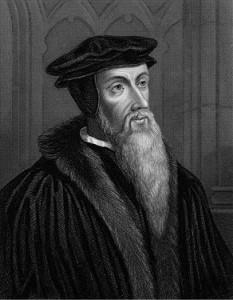Why Isn't Clendenin Orthodox?
Clendenin objects to the Orthodox view that Scripture and Tradition are "complementary means of one organic whole through which the Spirit of God speaks." Yet he never presents a defense of the Protestant view of authority stemming solely from the Bible. In a revealing moment, he says that "Orthodoxy explicitly rejects the historic Protestant ideal of sola scriptura," letting slip that he, too, puts his trust in a tradition - the tradition of the Reformation.
At various points in his article, Clendenin belies his ambivalent attitude toward tradition. On the one hand, any tradition must take a back seat to Scripture. Yet the only reason he can cite for accepting sola scriptura is that it is a "historic" idea. Of course, any number of heresies can claim a rich history. Moreover, the only reason a Protestant can cite for accepting the Bible at all is that it has been handed down by the Tradition of the Church.
Shortly after discovering Orthodoxy, my wife and I went back to visit our Protestant church. The pastor performed an "infant dedication" that morning, proudly proclaiming that this was "an ancient Protestant practice ... going back at last a hundred years." Protestants find themselves wanting to appeal to antiquity on the one hand, yet simultaneously rejecting anything old in the name of making the Gospel "contemporary.
http://www.roca.org/OA/149/149p.htm

